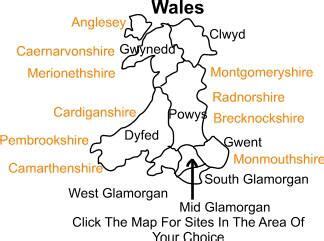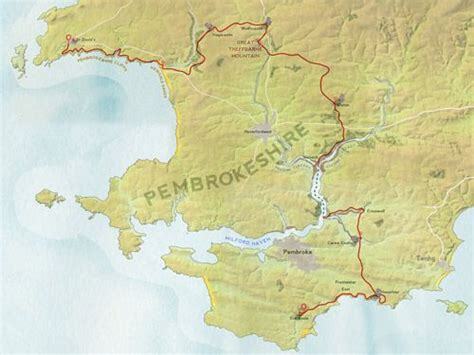The English Conquest of Wales

Episode 19 Politics and Literature in Wales
The Celtic World
Dr Jennifer Paxton (2018)
Film Review
Prior to English conquest (1283), Wales was divided into warring kingdoms owing to mountainous terrain that made unification and centralized government difficult. In the 11th century, Wales was divided into Dyfed and Givent in the South, Powys in the Northeast and Gwynedd in the Northwest. The latter was the most powerful, holding sway over the other three.
The 1066 Norman Conquest pushed numerous Anglo-Norman settlers into Wales, resulting in the formation of Pembrokeshire in the Southwest. It’s from Penbrokeshire, the English launched their 12th century invasion of Ireland.

As kings of Gwynedd, Llywelyn ap Iorwerth (1173-1240)* and his grandson Llywelyn ap Gruffyadd both made concerted efforts to unify Wales. The former negotiated a peace treaty with the King John of England in 1200 by offering his illegitimate daughter Joean in marriage. In spite of the treaty, John eventually invaded Gwynedd with the support of the other Welsh kings. Llywelyn senior, in turn, supported the rebellious English barons who forced the Magna Carta on John in 1215. This historic document specifically called on John to release Welsh hostages he had seized.
When John’s son King Henry III faced a second baronial revolt in 1263, Llywelyn’s grandson (Llywelyn ap Guffyadd) again allied with Henry’s opponents. In 1277, Henry’s son Edward I also clashed with the Llywelyn junior over the terms of the 1267 Treaty of Montgomery (in which Henry acknowledged him as prince of both Gwynedd and Wales), joining forces with Llywelyn’s brother to overthrow his rule.
After the former died in battle in 1282, Edward conquered all of Wales. His son, Edward II, born in Wales in 1284, would be declared the first English Prince of Wales.
The only serious challenge to the English colonization would occur in 1400, when Robert of Ouain would enter into a failed conspiracy with the Earl of March Sir Edmond Mortimer and the Earl of Northumberland Sir Henry Percy to overthrow Henry IV and divide England and Wales between the three of them.**
Despite it’s amalgamation with England, Wales remained underdeveloped. In fact, it was common for criminals (debtors especially) to disappear into the Welsh wilderness (the origin of the expression “welching” on a debt).
Welsh remains the most successful surviving Celtic language, in part owing to the following its medieval literature enjoyed in continental Europe. Especially important were Welsh poems from the early Middle Ages, the Epic of Goddodin (about Britain’s northern Celtic speakers) and four anonymous tales preserving Celtic mythology known as the Mabinogi. Dafydd ap Gwilym is regarded as one of the greatest European poets of the Middle Ages.
*Aka Llywelyn Fawr (Llywelyn the great)
**Shakespeare recounts this conspiracy in his play Henry IV.
Film can be viewed free with a library card on Kanopy.
https://pukeariki.kanopy.com/en/pukeariki/watch/video/5701024/5701062
The Most Revolutionary Act
- Stuart Jeanne Bramhall's profile
- 11 followers



